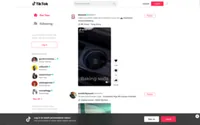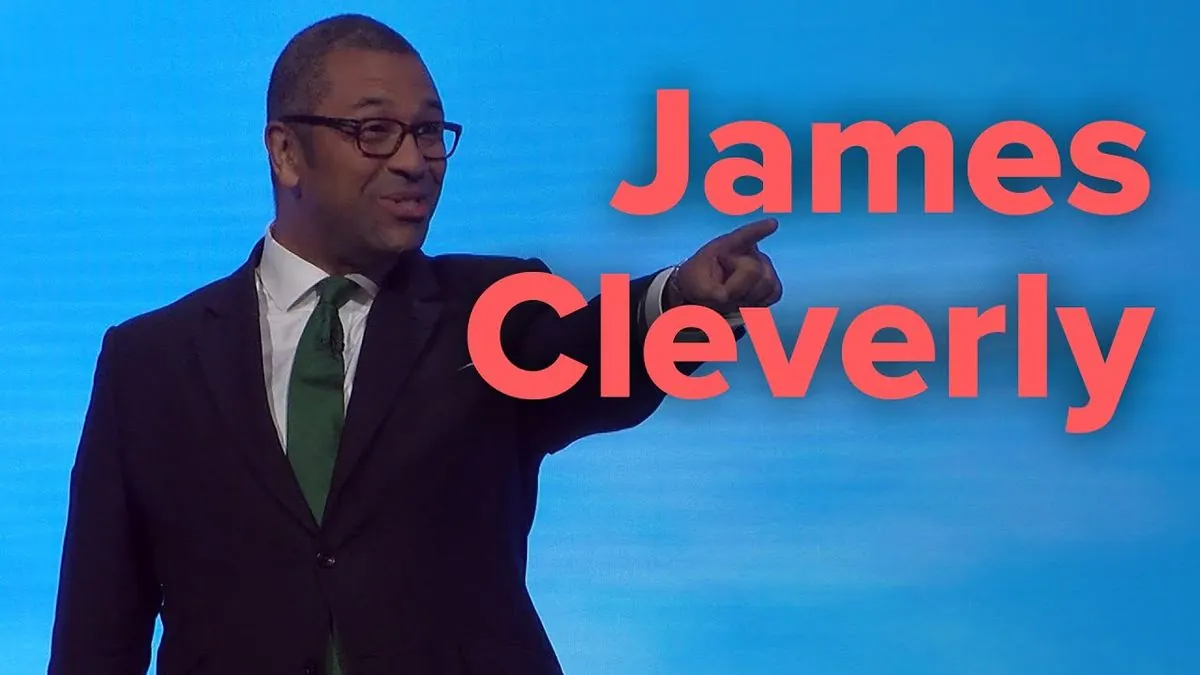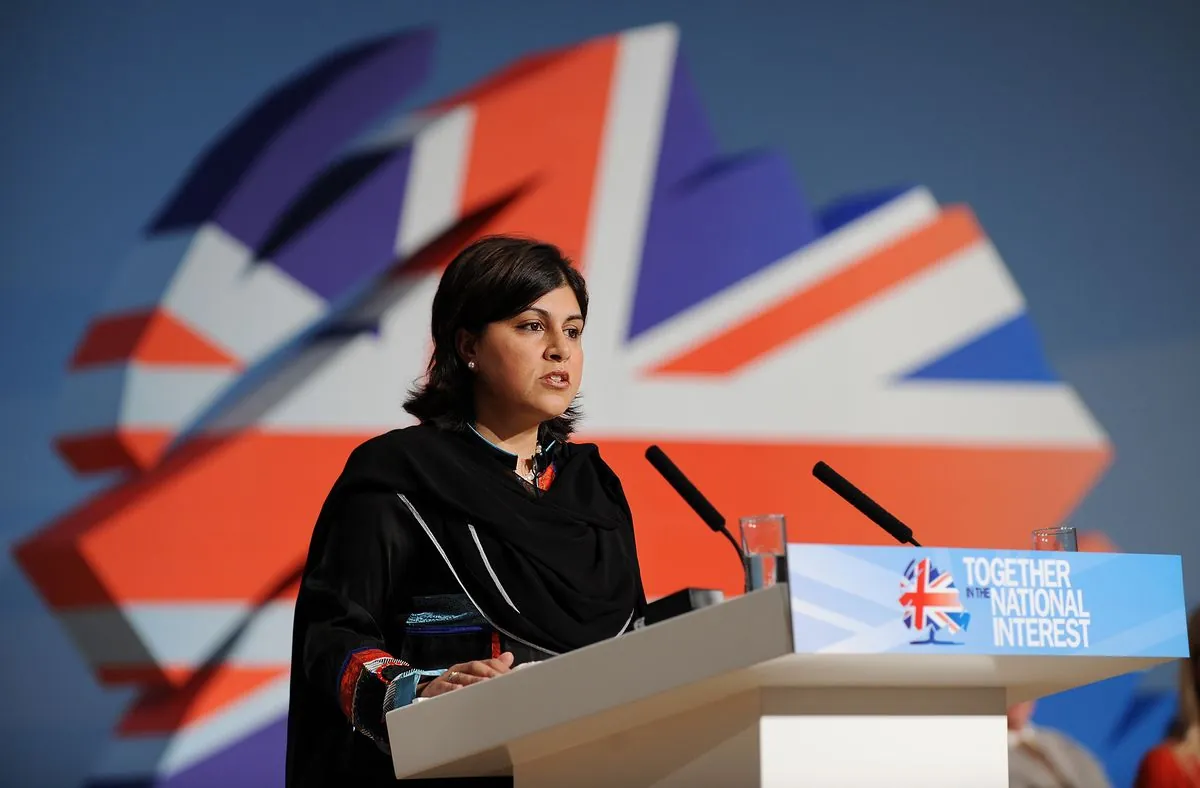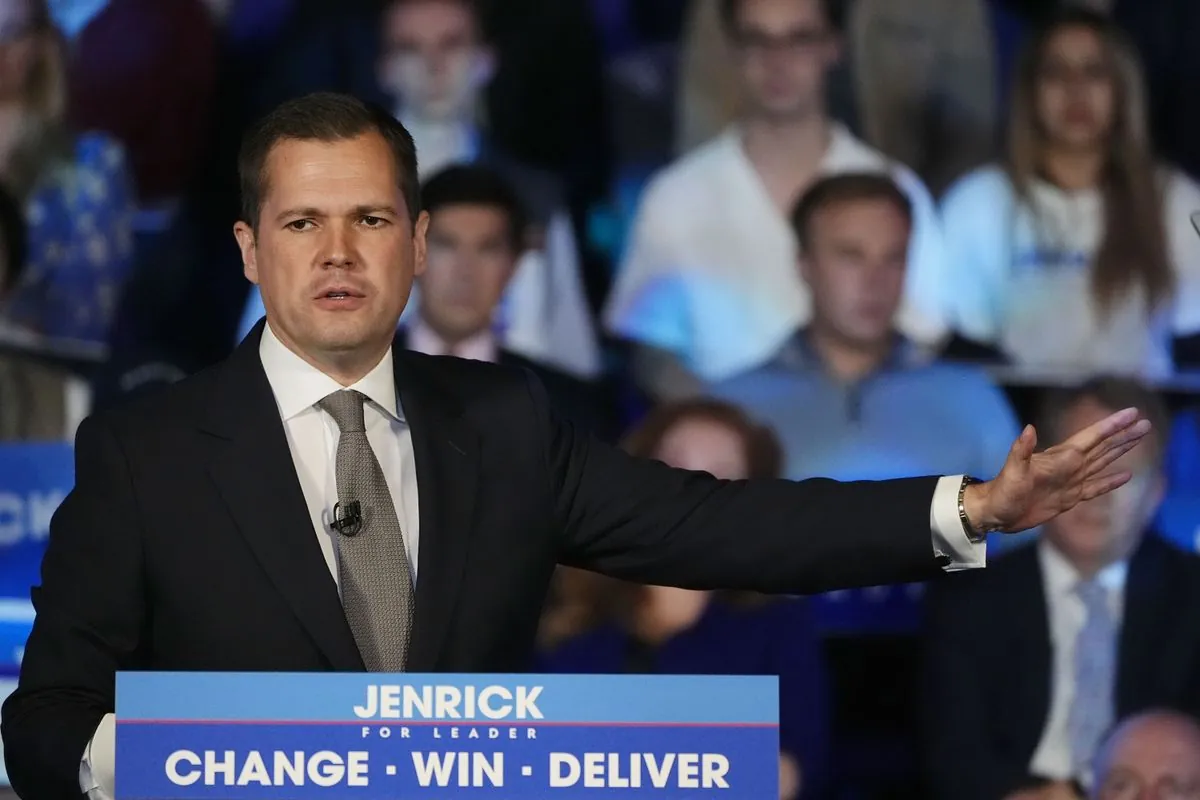Israel Targets Hezbollah Leader, Risking Major Escalation in Middle East
Israel's airstrike on Beirut, potentially targeting Hezbollah's leader, marks a significant escalation in regional tensions. The move challenges Iran and raises questions about international support for Israel.
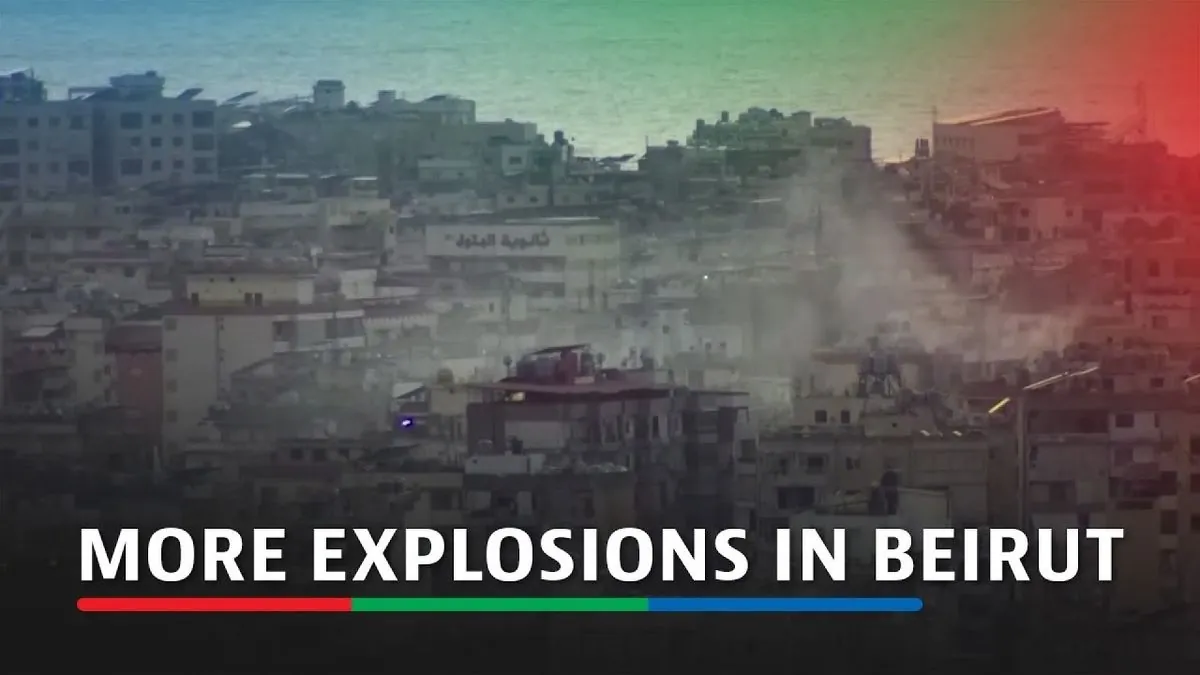
On the evening of September 27, 2024, Israel executed a bold military action in Beirut, potentially targeting Hassan Nasrallah, the leader of Hezbollah. This move represents a significant escalation in the ongoing Middle East conflict, with far-reaching implications for regional stability.
The southern suburbs of Beirut experienced unprecedented explosions, reminiscent of the 2006 Lebanon War. This conflict, which lasted 34 days, resulted in substantial casualties and destruction. The current strike, however, appears to be more targeted and strategic.
Hezbollah, founded in 1985 during the Lebanese Civil War, has been a major player in Lebanese politics since 1992. Under Nasrallah's leadership since 1992, the organization has grown into a formidable force with an estimated 20,000-30,000 fighters. Its influence extends beyond Lebanon, impacting conflicts in Syria and Iraq.
The attempted assassination of Nasrallah could dramatically alter the balance of power between Israel and Iran. Hezbollah, considered a terrorist organization by many Western countries, has long served as Iran's deterrent against direct Israeli attacks. By targeting Nasrallah, Israel is effectively challenging Iran's strategy in the region.

Benjamin Netanyahu, Israel's Prime Minister, recently addressed the United Nations, stating, "There is no place in Iran that the long arm of Israel cannot reach, and that is true of the entire Middle East." This declaration underscores Israel's willingness to confront Iran directly, potentially reshaping the geopolitical landscape.
The international community now faces a critical decision. In April 2024, when Iran launched a massive drone and missile strike against Israel, a US-led coalition including the UK, France, and several Arab nations intervened to intercept the attack. However, the response to this latest escalation remains uncertain.
Hezbollah's complex role in Lebanon, including its provision of social services and participation in politics, further complicates the situation. The organization's extensive rocket arsenal and involvement in cyber warfare activities highlight its military capabilities beyond conventional warfare.
As tensions rise, the international community must grapple with the potential for a wider conflict. The coming days will be crucial in determining whether diplomatic efforts can prevent further escalation or if the region will descend into a more extensive confrontation.























